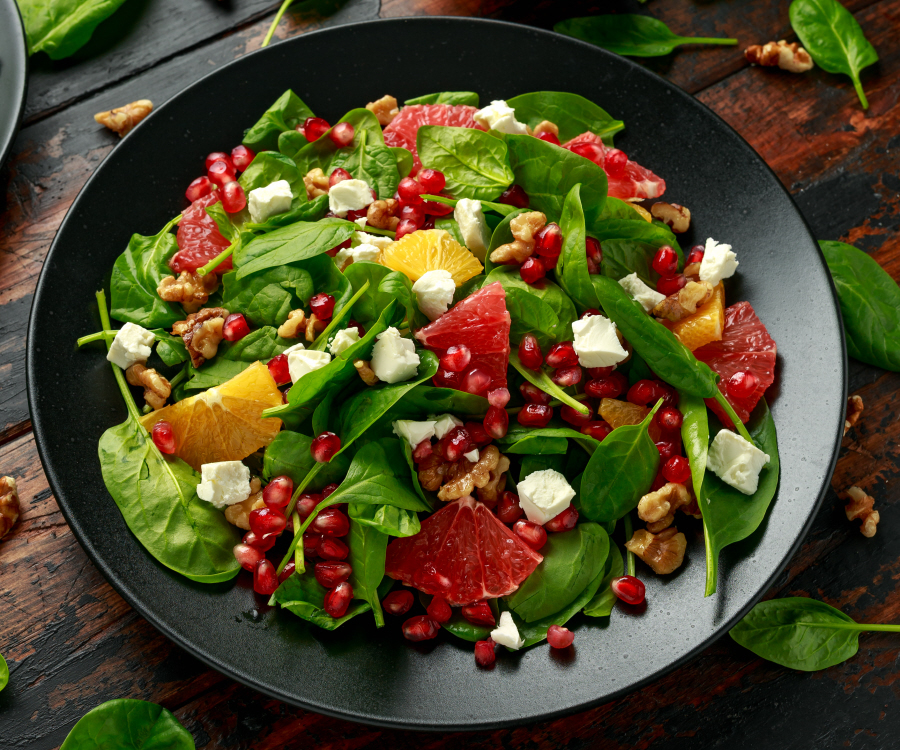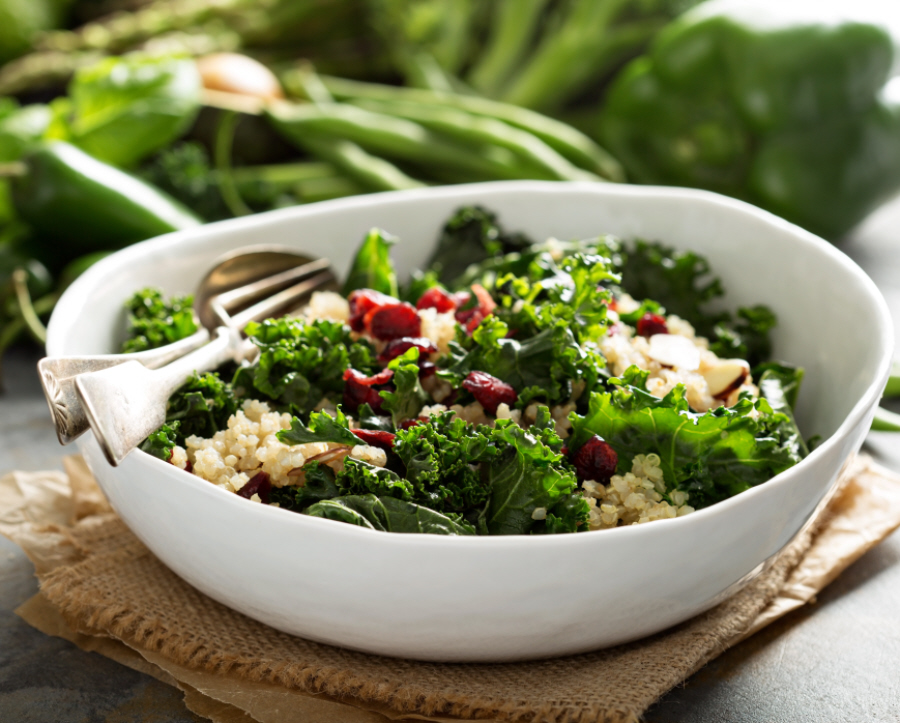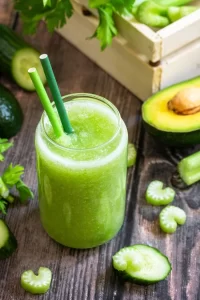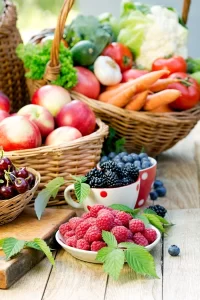Explore the power of plant-based diets in fighting brain aging. Uncover lutein’s crucial role in cognitive health, how your eyes reflect brain health, and why greens outperform other foods. Learn dietary strategies to boost brain function from middle age through the golden years.
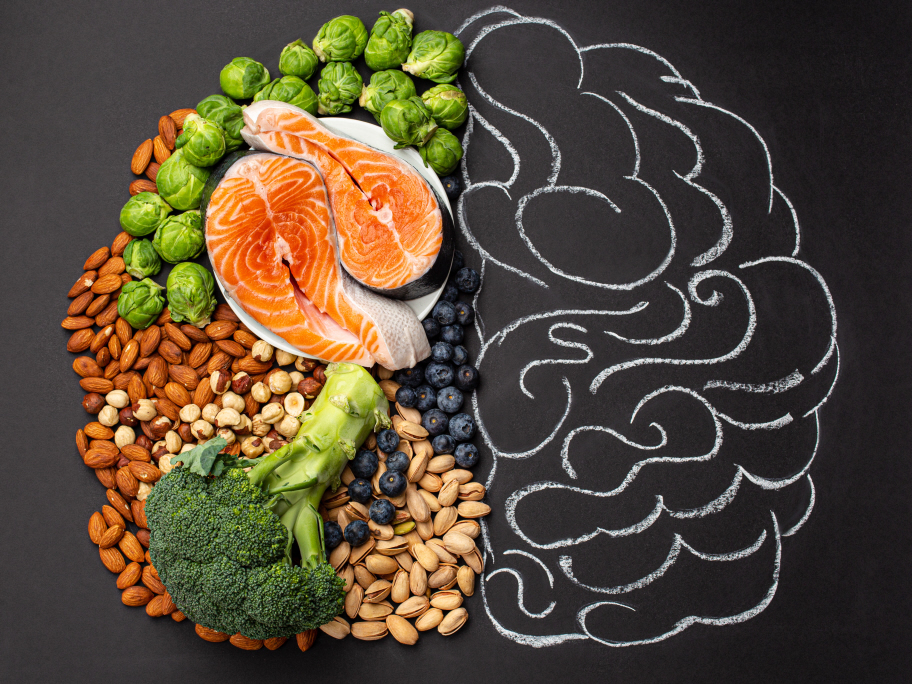
Introduction
In the quest for maintaining a sharp mind as we age, we often overlook one of the most powerful tools at our disposal: our diet. Recent scientific discoveries have shed light on how the foods we eat can significantly impact our brain health, potentially slowing cognitive decline and even fighting against age-related neurological disorders. At the forefront of this nutritional revolution is a humble plant compound called lutein, which might just be the key to keeping our brains young and vibrant.
The Brain’s Vulnerability and Nature’s Solution
Our brains, despite being the command centers of our bodies, are surprisingly vulnerable. With their high fat content and intense metabolic activity, our brains are prime targets for oxidative stress and free radical damage. This vulnerability increases as we age, potentially leading to cognitive decline and neurological disorders.
But nature, in its infinite wisdom, has provided a solution: plant-based foods rich in antioxidants and antiinflammatory compounds. These foods, particularly those high in lutein, can help protect our brains from damage and may even enhance cognitive function.
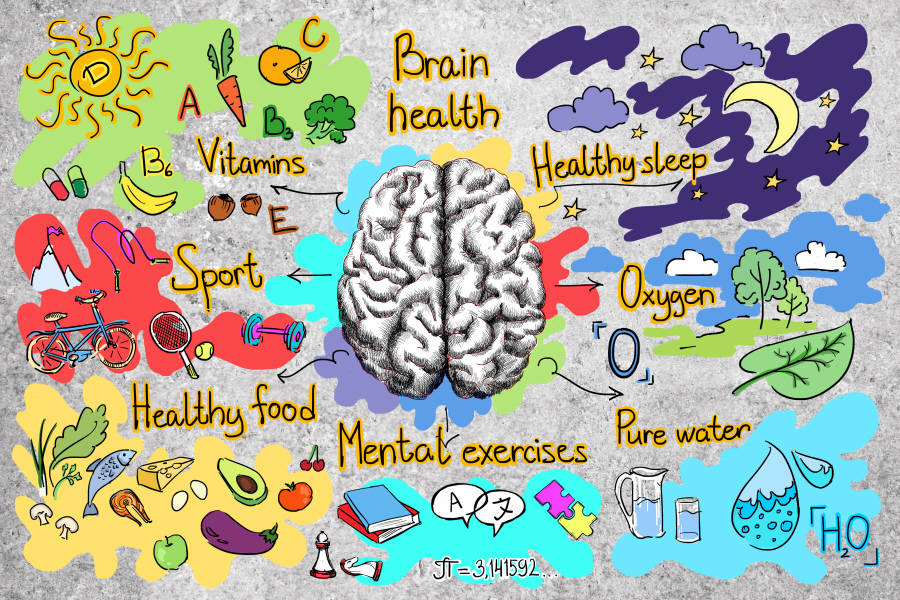
Lutein: The Brain’s Preferred Protector
While many of us are familiar with antioxidants like beta-carotene, it’s lutein that takes center stage when it comes to brain health. This carotenoid, found abundantly in dark green leafy vegetables, is preferentially absorbed and concentrated in the brain.
A groundbreaking study of centenarians in Georgia found that among various antioxidants, only lutein was significantly related to better cognition. This discovery has opened up new avenues for understanding how diet can influence brain health and cognitive function throughout our lives.
Your Eyes: A Window to Your Brain
One of the most fascinating aspects of lutein’s role in brain health is how we can measure its effects through our eyes. The retina, the light-sensitive layer at the back of our eyeballs, is actually an extension of our central nervous system. The macula, a spot in the center of the retina, is packed with lutein.

Remarkably, the levels of lutein in our retinas correspond directly to the levels in our brains. This means that by looking into someone’s eyes, we can get a glimpse of their brain health! Studies have shown significant correlations between the amount of macular pigment (which includes lutein) in the eyes and cognitive test scores.
Lutein’s Impact Across the Lifespan
The benefits of lutein aren’t limited to the elderly. Research has shown that:
- In middle-aged adults, higher levels of macular pigment are associated with better cognitive control.
- Even in young adults, more macular pigment correlates with superior auditory function.
- Among schoolchildren, higher macular pigment is linked to better academic achievement in subjects like math and writing.
These findings suggest that incorporating lutein-rich foods into our diets from an early age could have longlasting benefits for brain health and cognitive function.
The Evolution of Lutein Sources: From Eggs to Leafy Greens
Our understanding of the best sources of lutein has evolved significantly over the years:
Early Understanding (1980s-1990s)
- Eggs were often considered a good source of lutein.
- Yellow and orange fruits and vegetables were thought to be primary sources.
- Corn and corn products were highlighted for their lutein content.
Shifting Perspective (Late 1990s-Early 2000s)
- Research began to focus more on green vegetables.
- Spinach and kale started to be recognized as excellent sources of lutein.
- Studies showed that green vegetables often contained more lutein than yellow/orange produce.
Current Understanding (2000s-Present)
- Dark leafy greens are now recognized as the best sources of lutein.
- The bioavailability of lutein from different sources became a focus of study.
- While eggs are still considered a source, their lutein content is much lower than leafy greens.
This shift in understanding highlights the importance of ongoing nutritional research and how dietary recommendations can evolve as our knowledge improves.
The Lutein Superstars: Comparing Lutein Content in Foods
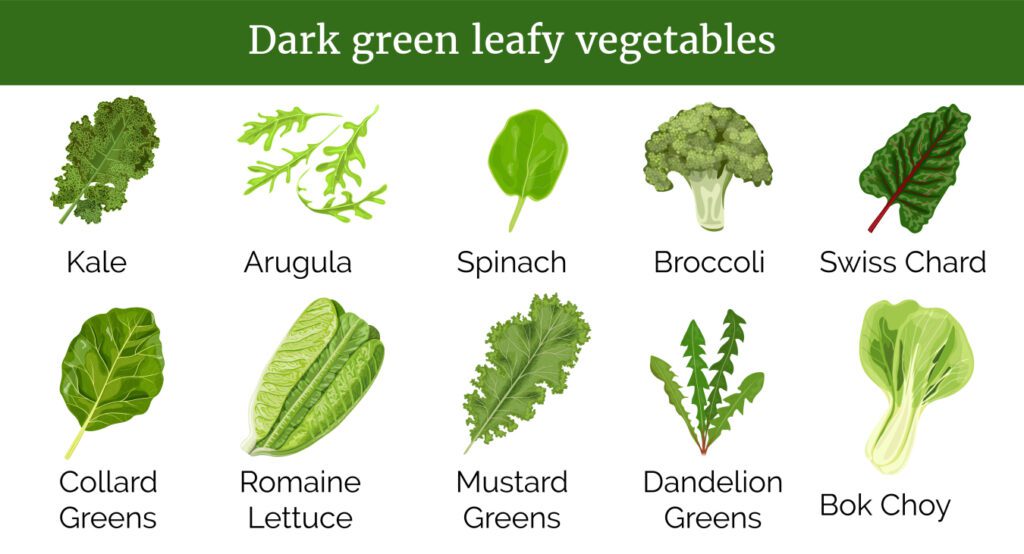
To illustrate the superior lutein content in leafy greens compared to other foods, let’s look at the lutein content in various foods, measured in milligrams (mg) per 1.5 cup serving:
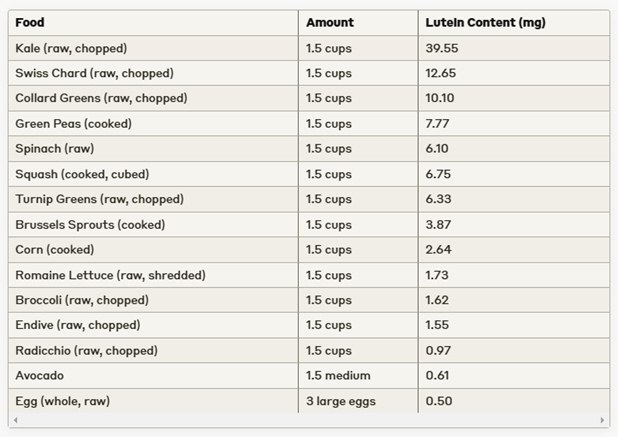
This data clearly shows that leafy greens, particularly kale, swiss chard, and collard greens, are far superior sources of lutein compared to other foods, including eggs and avocados. It’s worth noting that even vegetables lower on the list, like endive and radicchio, can contribute to your overall lutein intake, especially when consumed regularly as part of a varied diet.
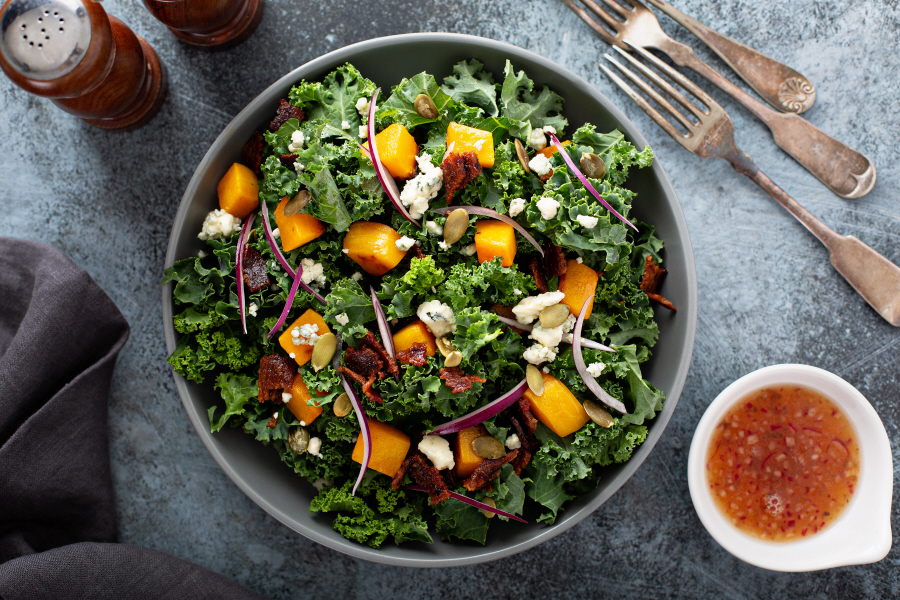
Recommended Lutein Intake: How Much Do You Need?
While there’s no official Recommended Dietary Allowance (RDA) for lutein, research provides us with some guidelines:
- Adults (18 years and older): 6-20 mg per day
- Children and Adolescents: No specific recommendations, but a diet rich in fruits and vegetables is encouraged
- Older Adults (50 years and older): 12-20 mg per day may be beneficial for cognitive health
- Pregnant and Breastfeeding Women: No specific recommendations, but a diet rich in leafy greens is encouraged
Important Note: The American Optometric Association suggests that the benefits of lutein are best achieved through food sources rather than supplements.

Spotlight on Cognitive Health Studies
Several studies support the recommendation for higher lutein intake in older adults:
- The Georgia Centenarian Study (2007): This landmark study found that centenarians with higher levels of lutein in their blood had better cognitive function. While this study didn’t specify an exact intake amount, it laid the groundwork for further research into lutein and cognitive health.
- The LUNAR (LUteiN and Aging Research) Study (2017): Adults aged 65-90 consuming 12 mg of lutein daily for 18 months showed improved verbal fluency and memory.
- The CARDS (Carotenoids and Age-Related Dementia Study) Trial (2018): Adults aged 65-85 receiving 12 mg of lutein daily for 12 months showed improvements in memory and neural network efficiency.
- The GLARE (Ginkgo biloba and Lutein Antioxidant Retinal Efficacy) Study (2020): Adults aged 50-75 receiving 20 mg of lutein daily for 6 months showed improvements in memory and processing speed.
These studies suggest that 12-20 mg of lutein daily may offer cognitive benefits for older adults, but more research is needed for definitive guidelines.
Practical Tips for Increasing Lutein Intake
Boost your lutein consumption with these simple ideas:
✓ Add raw spinach or kale to your daily smoothie
✓ Include a side salad with dark leafy greens at meals
✓ Sauté collard greens or Swiss chard as a side dish
✓ Snack on endive or broccoli with hummus
✓ Use romaine or radicchio lettuce instead of iceberg in sandwiches and wraps
Remember, whole food sources of lutein are generally recommended over supplements, providing additional nutrients and fiber.
Conclusion
The evidence is clear: what we eat plays a crucial role in maintaining our cognitive health as we age. By incorporating more lutein-rich foods, particularly dark green leafy vegetables, into our diets, we can potentially enhance our brain function, protect against cognitive decline, and maintain mental sharpness well into our golden years.
Remember, it’s never too early or too late to start nourishing your brain. Whether you’re pregnant, in school, middle-aged, or a senior citizen, adding more greens to your plate could be one of the simplest yet most effective ways to boost your brain health.
So, the next time you’re planning your meals, think of your brain and reach for those leafy greens. Your future self will thank you for it!
